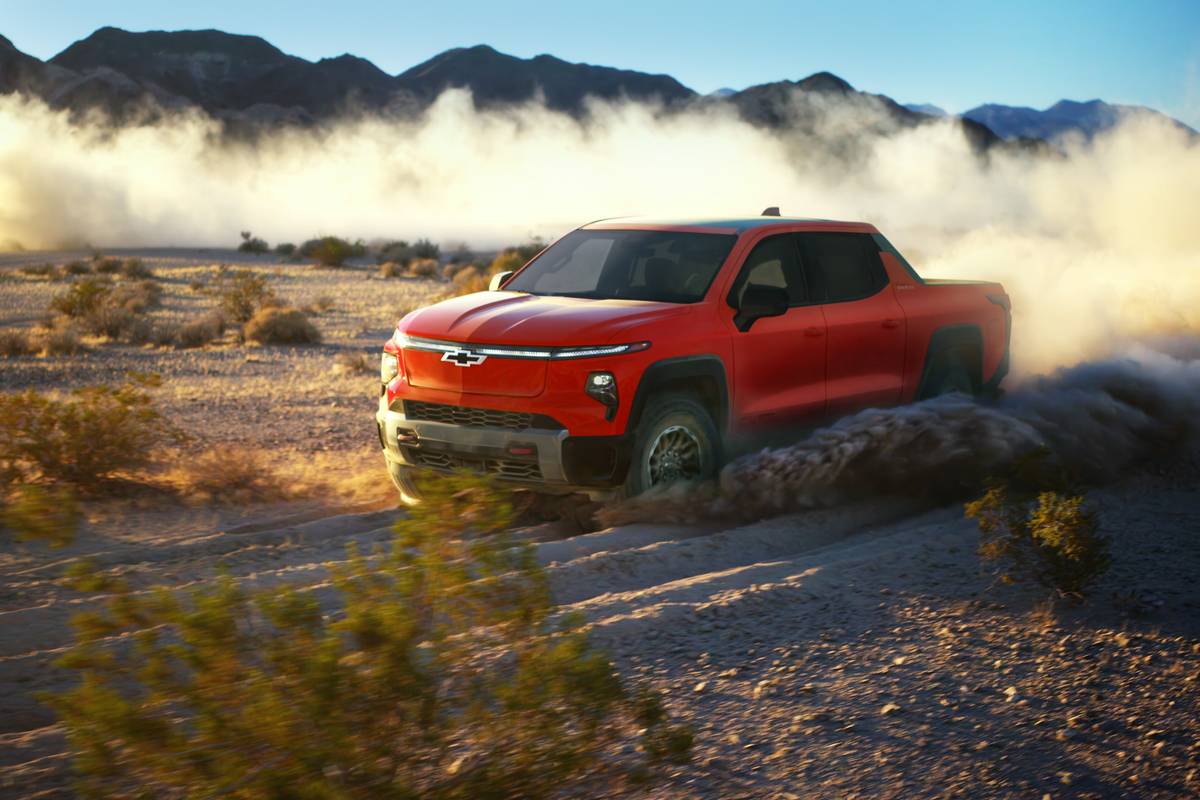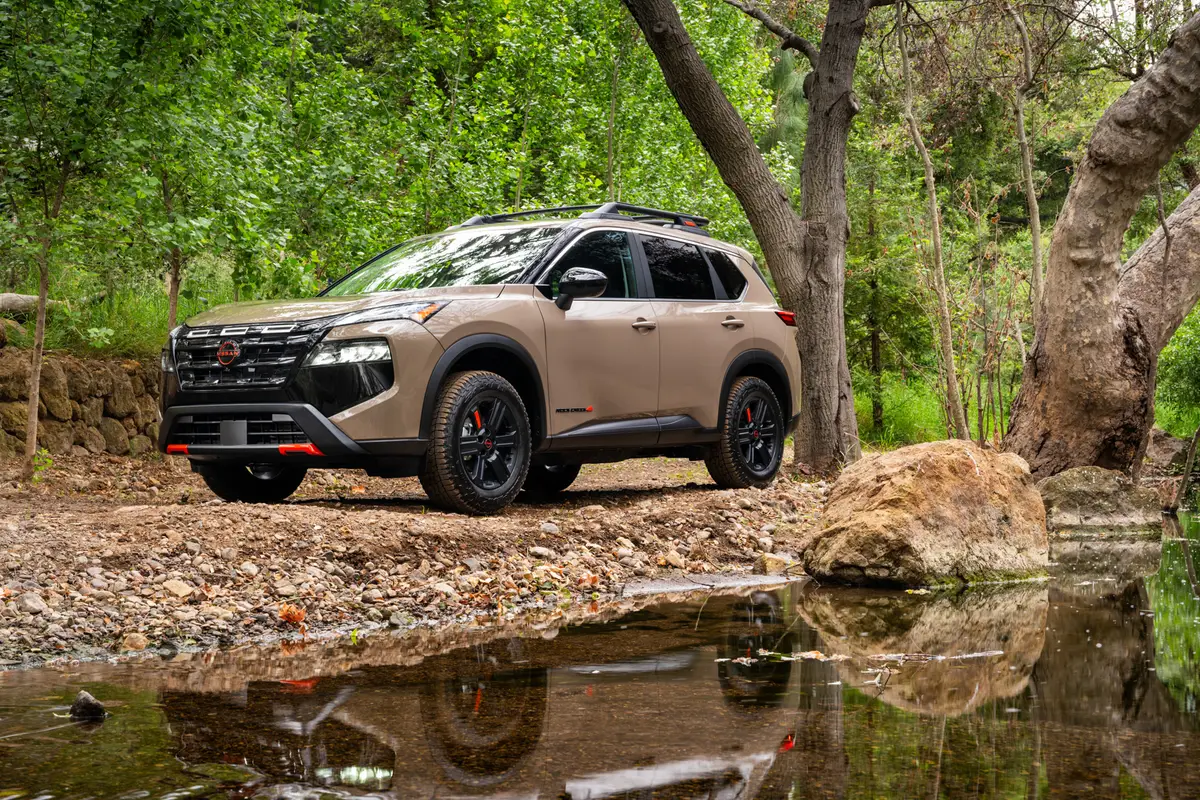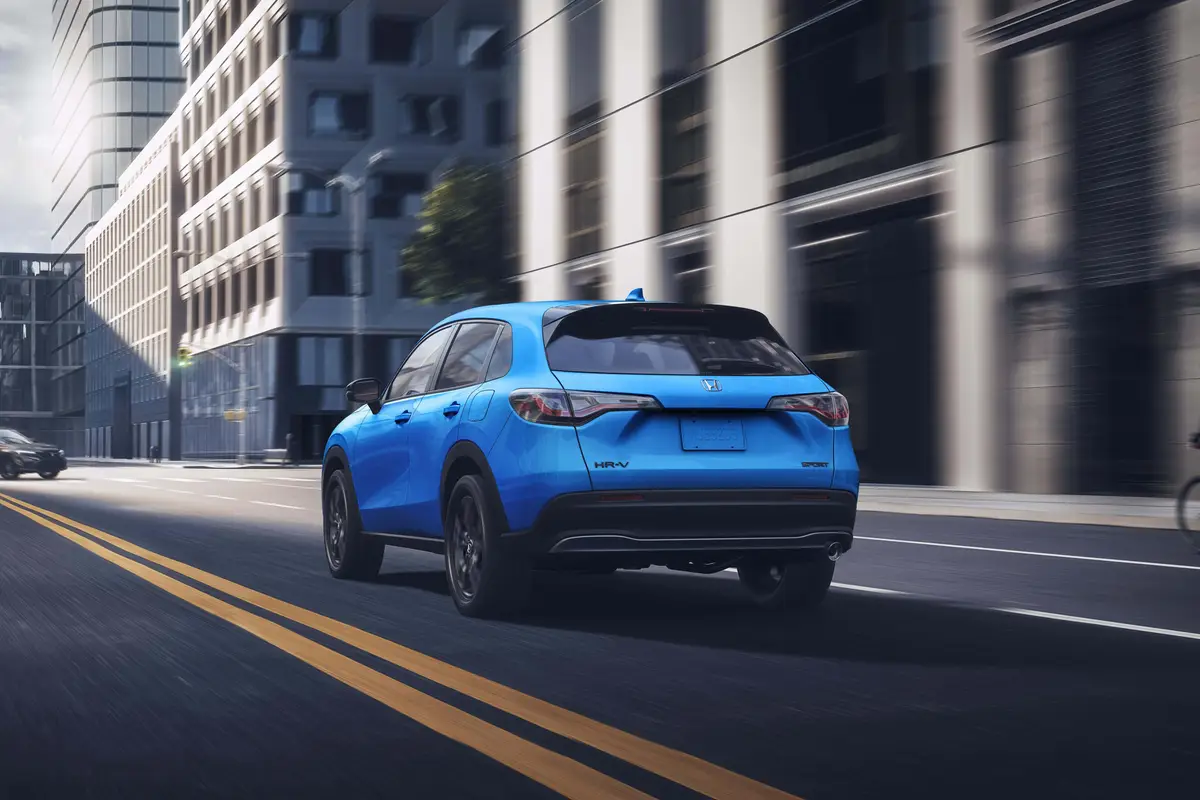Orlando Sentinel's view
When someone mentions Hyundai, chances are the words cheap and unreliable are the first things that come to mind. After all, Hyundai did make some awful cars back in the late 1980s.
But this isn’t the late ’80s, and if you crack wise about Hyundai’s quality these days, the joke is on you.
The last few Hyundais I’ve tested have been pretty decent automobiles. But now Hyundai has the formidable task of trying to get you to think about it differently so that it can get on your shopping list.
And that could be a very difficult thing to do.
With the exception of Jaguar, I can’ tthink of another car company in recent memory that has been able to overcome a bad image.
Remember Sterling, Peugeot, Alfa Romeo? All three imports expired under the suffocating weight of poor quality — even though many of the problems that afflicted each marque had been addressed.
I just spent a week testing the new Tiburon sports coupe. This snazzy little car is designed and built as well as your average Nissan, Mazda or Saturn. It runs well, looks sharp and is screwed together tightly.
If you are in the market for a sporty economy car, this one deserves serious consideration.
PERFORMANCE, HANDLING
The Tiburon comes in two models, base and FX. Both versions sport the same drivetrain, a 140-horsepower double overhead cam 16-valve four-cylinder engine. A five-speed manual transmission is standard. Our test car came with a four-speed automatic.
The engine has plenty of snap, crackle and pop, making the car fun to drive. Even with the automatic transmission, it still has good low-speed acceleration. The Tiburon would be even more fun to drive with the 5-speed manual gearbox, which is a more efficient way to send the power to the wheels.
When revved high, the 2.0-liter engine makes a hearty growl. It’s not a rough, unrefined sound, though. It’s a sporty rumble that matches the aggressive look of the car. The Tiburon is reasonably quick. It goes from 0 to 60 mph in about eight seconds.
Tiburon hugs the road in tight, fast cornering. The body does not lean much as you attack the twisties. Hyundai uses premium 15-inch Michelin tires on the FX model. However, they don’t quite fill up the wheelwells. Less distance between the tires and the bodywork would give the Tiburon a beefier appearance.
Our test car sported the best brakes I’ve ever tested on a Hyundai. No Hyundai I have tested recently had what I’d call confidence-inspiring stopping power. But Hyundai engineers are proving to be quick studies. The Tiburon’s four-wheel disc brakes are excellent.
The car’s precise and crisp power-assisted rack-and-pinion steering system also is much better than what you might expect in a Hyundai. It has a nice, weighty feel. You can turn a complete circle in 34.1 feet, which makes the Tiburon very maneuverable.
Fuel economy registered well below EPA estimates. I drov e the car fairly hard and with the air conditioner most of the time. But I do that quite often on test cars and still record better fuel consumption. Our test car delivered 19.5 mpg in city driving.
FIT AND FINISH
Althoughthere are a few minor things that need to be sorted out inside the Tiburon, I am confident this car won’t fall apart like Hyundais of old.
Some of the controls on the dash can be difficult to reach, such as the switches for the cruise control, rear windshield wiper and fog lights. And it’s impossible to adjust the radio when the pop-out cup holder is being used.
But those are about the only faults I can find in this car.
The seats are attractive, comfortable and supportive. Rear leg room is tight — but no more so than in any of the Tiburon’s main competitors, such as the Saturn SC and Ford Escort ZX2. When the rear seats are folded forward, the Tiburon has ample cargo room for groceries, golf bags or whatever.
This may be the biggest surprise of all: The Tiburon is a very solidly made car. You can feel that when you slam the doors and hatchback. And there are no rattles or vibrations. The doors close with a nice clunk.
The FX option package adds $2,200 but includes a long list of equipment, such as power windows, door locks and mirrors, cruise control and a power sunroof.
Tiburon comes with an excellent warranty that even includes roadside assistance.
At first the $18,000 price tag might seem excessive. But Hyundai almost always offers a generous rebate. And, if you buy the car with a 5-speed transmission instead of the automatic transmission, you can whack another $1,000 off the price. Our $18,000 test car — with a stick shift — can be had for about $16,000, once the current rebate is factored in. That makes the Tiburon FX a solid value.
If Hyundai keeps building cars as well as the Tiburon, the remaining tarnish left on its nameplate is bound to disappear.
Specifications: Base price: $15,699. Safety: Dual airbags and side-impact protection. Price as tested: $18,111. EPA rating: 22 mpg city/30 mpg highway. Incentives: $1,000 rebate.
Truett’s tip: The Tiburon proves Hyundai can bean excellent sports coupe. The 2+2 hatchback is quick, handsome and well made. But fully loaded models can be a bit pricey.
Latest news



